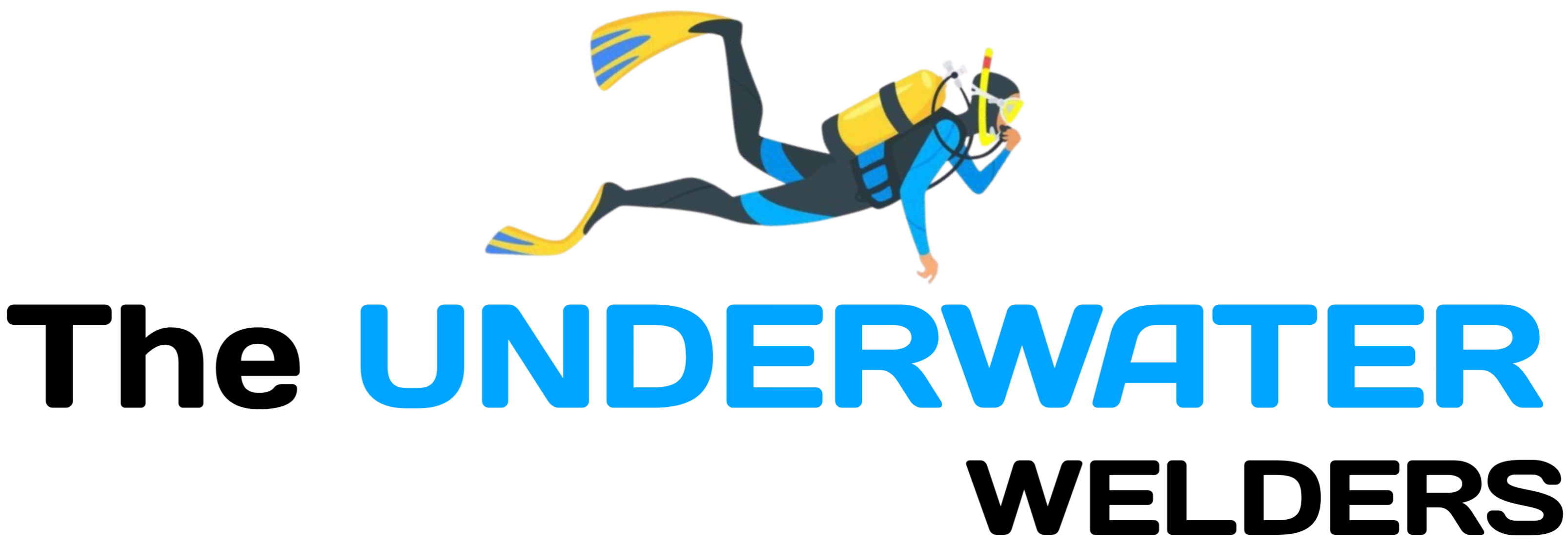Hi friends,
I’m an underwater welder based in the U.S., and today I want to answer a question I get asked a lot — How much do underwater welders make in Georgia?
If you’re thinking about joining this field or just curious about the pay, you’re in the right place. In this blog, I’ll break everything down in clear, easy-to-understand language — no complex terms, just straight talk.
What Does an Underwater Welder Do in Georgia?
In Georgia, underwater welders work on ships, bridges, pipelines, and other structures that need repair or building underwater. We dive using special gear and work in rivers, lakes, and near the coast.
It’s not just welding — it’s a mix of diving, construction, and a lot of safety checks. The work is tough, but if you like challenges, it can be exciting too.
Average Underwater Welder Salary in Georgia
Here’s a detailed breakdown of underwater welder salary in Georgia, from hourly to yearly, based on your experience:
| Experience Level | Hourly Pay | Weekly Pay | Monthly Pay | Annual Salary |
|---|---|---|---|---|
| Entry-Level | $20 – $28 | $800 – $1,120 | $3,200 – $4,500 | $40,000 – $55,000 |
| Mid-Level | $28 – $35 | $1,120 – $1,400 | $4,500 – $6,000 | $55,000 – $75,000 |
| Experienced | $35 – $45 | $1,400 – $1,800 | $6,000 – $7,500+ | $75,000 – $100,000+ |
Required Skills & Certifications to Get Started
To work as an underwater welder in Georgia, you need both welding and diving skills. Most employers look for people who are certified in:
1. Commercial Diving: You’ll need to attend a commercial diving school and complete training in underwater safety and equipment use.
2. Welding Certification: A certification from the American Welding Society (AWS) or a similar body is often required.
3. First Aid & CPR: Many employers also want you to have up-to-date safety training.
If you have both diving and welding certifications, you’ll qualify for more jobs and higher pay.
How to Become an Underwater Welder in Georgia
Getting started in underwater welding takes time, training, and commitment. Here’s a simple step-by-step guide:
1. Graduate from high school or get a GED.
2. Join a commercial diving school that also teaches underwater welding (there are some on the East Coast or nearby states).
3. Earn your certifications in diving and welding.
4. Gain hands-on experience through internships or entry-level jobs.
5. Apply to underwater welding jobs in Georgia through job boards or directly on company websites.
Most training programs take 6–12 months, but the investment is worth it for a high-paying, specialized job.
Best Places in Georgia for Underwater Welding Jobs
If you’re planning to work as an underwater welder in Georgia, certain locations offer more job opportunities, especially near water or industrial zones:
1. Savannah: A major port city with marine construction and shipyard work.
2. Brunswick: Another coastal hub with port-related underwater repair jobs.
3. Atlanta Metro Area: Some inland jobs in industrial or utility projects.
4. Lake Lanier & Other Lakes: Maintenance work on bridges, docks, and submerged infrastructure.
Staying near these areas can increase your chances of getting hired and finding steady work.
What Affects Underwater Welder Salary in Georgia?
Several key factors can influence how much you earn as an underwater welder in Georgia:
1. Job Difficulty: Riskier and more technical jobs, like deep-sea or offshore welding, tend to come with higher pay.
2. Experience: The more experience you have, the more you’re likely to earn. Skilled welders are always in demand.
3. Certifications: If you’re certified in both commercial diving and welding, you can qualify for higher-paying jobs.
4. Location: Coastal cities like Savannah often offer higher pay due to the availability of marine and port-related projects.
5. Company Type: Large companies and government contractors usually offer better salaries, benefits, and job security.
Top Companies Hiring Underwater Welders in Georgia
If you’re looking to work as an underwater welder in Georgia, here are some well-known companies and organizations that regularly hire:
1. Global Diving & Salvage, Inc.
2. Phoenix International Holdings
3. Diversified Marine Services
4. Commercial Diving Services (CDS)
5. Savannah and Brunswick Port Authorities
These companies often post job openings on platforms like Indeed, ZipRecruiter, and their official websites. Keep an eye on those listings for the latest opportunities.
Benefits of Working as an Underwater Welder in Georgia
Working as an underwater welder in Georgia comes with some great advantages:
1. Career Growth
As you gain experience and add more certifications, your pay and job options improve.
2. Affordable Cost of Living
Georgia is cheaper to live in compared to many other U.S. states, so your earnings go further.
3. Plenty of Work Near Water
With ports, rivers, and lakes across the state, there is a steady demand for underwater maintenance and repair.
4. Year-Round Employment
Georgia’s mild winters mean you can find welding jobs throughout the year without long seasonal breaks.
Challenges You Might Face in Georgia
While underwater welding in Georgia can be rewarding, there are also some challenges to be aware of:
1. High-Risk Conditions
Underwater welding is always a dangerous job, so following safety rules is critical at all times.
2. Hot and Humid Weather
Summers in Georgia can be extremely hot and humid, which can make diving more uncomfortable and tiring.
3. Remote Work Locations
Some job sites may be located far from major cities, which can mean longer travel times or staying away from home.
4. Physically Demanding Work
The job often requires strength, stamina, and full concentration, especially during long hours underwater.
How Many Underwater Welders Have Been Attacked By Sharks?
My Personal Opinion
I can honestly say — underwater welding isn’t for everyone. It’s a tough and risky job. But if you enjoy being in the water, love hands-on work, and have a sense of adventure, this career can be very rewarding.
In Georgia, the pay is strong, the job opportunities are steady, and there’s real room to grow. If you’re just starting out, don’t worry — everyone begins as a beginner. Focus on getting certified, always follow safety rules, and your earnings will improve with time and experience.

